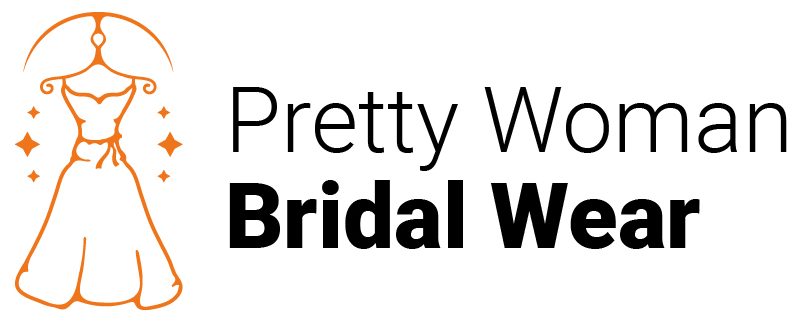Is a Colorado designer’s conviction that marriage can only be between a man and a woman began exemption from the state law prohibiting any discrimination against LGBTQ+ people? In June of 2023, the Supreme Court decided 6-3 that the answer is yes; the requirement for the conservative Christian proprietor to develop websites for weddings of gay couples would be a violation of the freedom of speech clause in the First Amendment.
A website’s creation is something that is an “expressive activity” protected by the First Amendment, Justice Neil Gorsuch wrote in his majority decision. Colorado’s anti-discrimination law could “compel an individual to create speech she does not believe.” So, the designer, Lorie Smith, is entitled to act according to “her conscience about a matter of major significance” and not provide her services to couples who are having same-sex weddings.
3303 Creative v. Elenis is the most recent of a string of Supreme Court cases where conservative Christian plaintiffs have argued they have a legal right not to provide services to LGBTQ and other people. In 2018, the case involved a Colorado bakery that refused to make cakes for an LGBT wedding. It was 2021, and there was an appeal by a Catholic adoptive agency that argued that it should not be forced to put foster children in gay couples and be exempt from Philadelphia’s discrimination policy.
The cases in question are significant, and they signal a larger trend in the justice system, which has often decided against Christian plaintiffs on cases with a lot of attention, especially when it comes to cases that involve sexuality and gender, even though the Colorado baker’s victory was only a small victory that did not answer the larger questions regarding civil rights, free speech, and the right to exercise religion.
As sociologists of sexuality and religion, we have examined all federal court cases that occurred between 1990 and 2020, which deal with religious beliefs as well as the rights of people in over 62 cases. Based on our analysis, we have discovered that the decision of 303 Creative LLC v. Elenis is in direct opposition to the normative patterns in the past 30 years.
The most recent Supreme Court rulings make it appear that cases that concern faith-based plaintiffs are generally successful before a federal court. In reality, the opposite is the case. In all of U.S. history, litigants have relied on notions of religion to justify a violation of the law, be it regarding taxation or child labor, as well as desegregation as well as dress regulations. The majority of the time, they fail, and cases that concern LGBTQ legal rights are no different.
Three kinds of claims
The cases that concern religious freedom can come in a variety of different forms. We focused our study on three types: those that are based on the freedom to exercise clause that is part of the First Amendment; those about freedom of speech, such as 303 Creative, which is also founded in the First Amendment; and religious freedom claims that refer to the Title VII in the Civil Rights Act, which bans discrimination in employment.
We discovered that only in 21 of the 62 instances did the federal court agree with the litigant who is religious. In addition, courts decided in favor of litigants’ specific religious legal argument – as opposed to a different aspect of their argument – in just three instances.
Based on our analysis of cases involving wedding-related services, such as The 303 Creative, we were most likely to see justices sided with the party who brought a religious claim or be remanded to the court to a later stage. For cases involving housing, employment education, incarceration, or mental and physical health care, the federal court was less likely to rule in favor of religious claims.
The success of wedding-related lawsuits points towards a wider trend that we noticed. As time passed, fewer lawsuits focused on plaintiffs’ opposition against LGBTQ+ identity, and more focus was placed on LGBTQ+ relationships, specifically gay weddings.
Consider Ward and. Polite in 2012, a case that involved a graduate student who was enrolled in a master’s program of counseling and asked “that she be allowed to refer gay and lesbian clients seeking relationship advice to another counselor,” despite the fact that she, as per the court documentation, “had no problem counseling gay and lesbian clients.” The school believed that Ward’s inability to provide advice to clients of both genders in relationships was in violation of the ethics code, and she was rescinded from the program.
She was suing the university and claimed that it had denied her the right to practice her religion freely. The 6th U.S. Circuit Court of Appeals criticized the school in the absence of an exemption clause in its nondiscrimination policy. Students such as Ward could have utilized it to request the transfer of clients and then were remanded to the court for further hearings.



